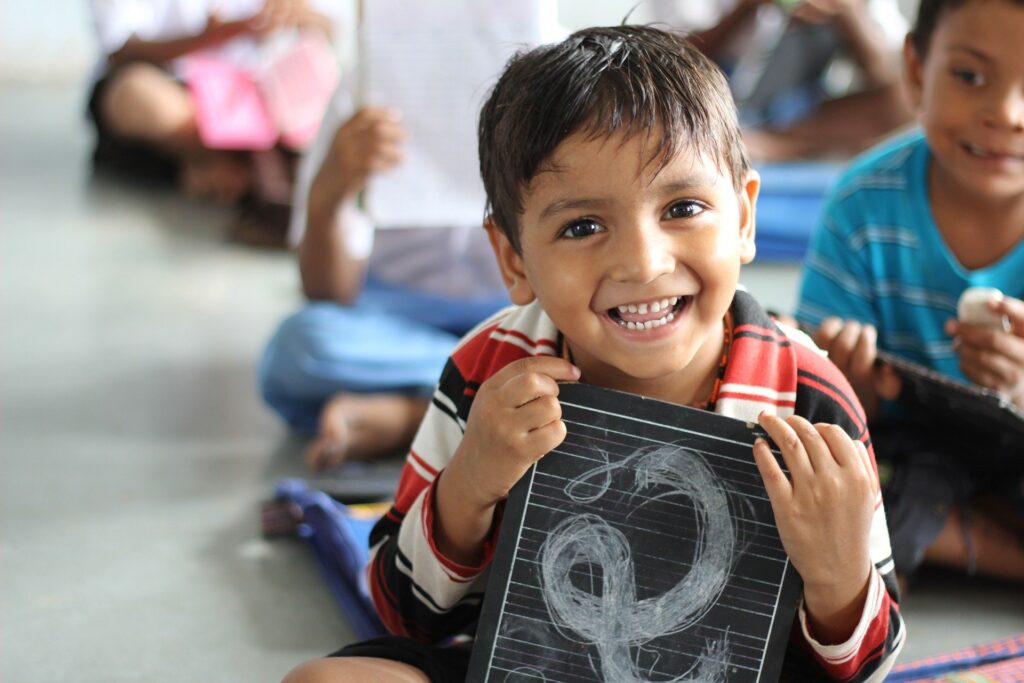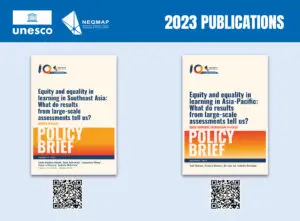
Many Asia-Pacific countries are shifting their education systems towards the competency-based learning. The aim is to build 21st Century Skills and competencies such as problem solving, communication and collaboration that will enable and prepare their learners for today’s complex challenges and needs. The efforts in integrating these skills and competencies in education systems have not been easy, as issues such as the pursuit of academic achievement, high-stakes exams and students and schools ranking are still the norm in this region.
On 11th of September 2020, UNICEF East Asia & Pacific Regional Office (EAPRO) and UNESCO Bangkok’s Network on Education Quality Monitoring in the Asia-Pacific (NEQMAP) jointly hosted a dialogue on Developing Curriculum and Assessment Systems for 21st Century Skills, where Indonesia, Thailand and Hong Kong (SAR China) shared their country experiences and efforts in integrating competency-based learning into their education systems. The implications on learning assessments was identified as one of the key components that education policy makers should take into account in the design of the competency-based education.
Measuring Competency-based Learning with Competency-based Assessments
Starting from the design of competency-based learning in the curriculum, competency-based assessments should be considered as an integral part in the planning to reflect the key competencies and learning outcomes. Thailand has started to introduce the competency-based curriculum frameworks and is now in its planning stage to explore further the assessment component. While in Indonesia, the effort was made to reform the national examination in order to measure both learner’s cognitive skills and non-cognitive skills.
In Hong Kong (SAR China), the shift was made in its public examination from norm-referenced to standards-referenced. The norm referenced examination compared an individual’s skills status to others, while the new standard-referenced examination assesses students’ competencies based on broad descriptors and criteria, such as self-study and collaboration skills, problem-solving and critical thinking skills, done through project-based assignments and written tests.
Using Assessment Data for Pedagogy
The integration of competency-based learning at the policy level should also be practical and make sense at the classroom level. Hence, teachers and teaching approaches should be looked at as the third element in alignment following the curriculum and assessment components. The use of the assessment data should provide feedback at both policies and classroom practice. Learning assessment results should also be a springboard for school and teacher capacity building. By reflecting on their students’ learning outcomes, schools and teachers can improve their pedagogical approaches to align with the learning objectives.
As an example, Hong Kong (SAR China) has promoted various approaches, based on assessment results, for school and teacher capacity building such as disseminating teachers’ guides and executing experienced teachers’ secondment for school-based support. These have solidified teachers’ awareness of competency-based learning and equipping them with appropriate pedagogical strategies for competencies development.
Sustainable Approaches for competency-based learning and assessment
One recommendation is, countries can and should consider establishing a core technical team in the Ministry of Education that takes central accountability for advancing a country’s competency-based education agenda. The technical team can start by careful planning to prioritise and identify selected competencies and skills. Countries can also designate separate divisions in policy and planning, curriculum development, pedagogy, and assessment and evaluation to monitor and ensure alignment of all learning components when integrating competency-based frameworks in education systems. In addition, countries are recommended to review their assessment systems and obtain feedback for taking action, such as revising assessment approaches that integrate the competency-based assessment frameworks.
To help countries integrate 21st century skills and competency-based approaches into their education systems, NEQMAP is offering an online learning course in collaboration with the Australian Council for Educational Research and the Centre for Global Education Monitoring (ACER-GEM). The overarching goal is not only to assist countries to ensure alignment all of the learning components, but to ensure that competency-based learning provides ‘relevant learning outcomes’.
The Network on Education Quality Monitoring in the Asia-Pacific (NEQMAP) welcomes and encourages countries in the region to showcase their national practices and experiences in integrating and developing their curriculum and assessment systems for the 21st Century Skills. Should your country or institute wish to engage more with the Network, please do not hesitate to get in touch with the NEQMAP Secretariat at neqmap@unesco.org.
Written by: InJung Cho
Main Photo Credit: Pixabay






